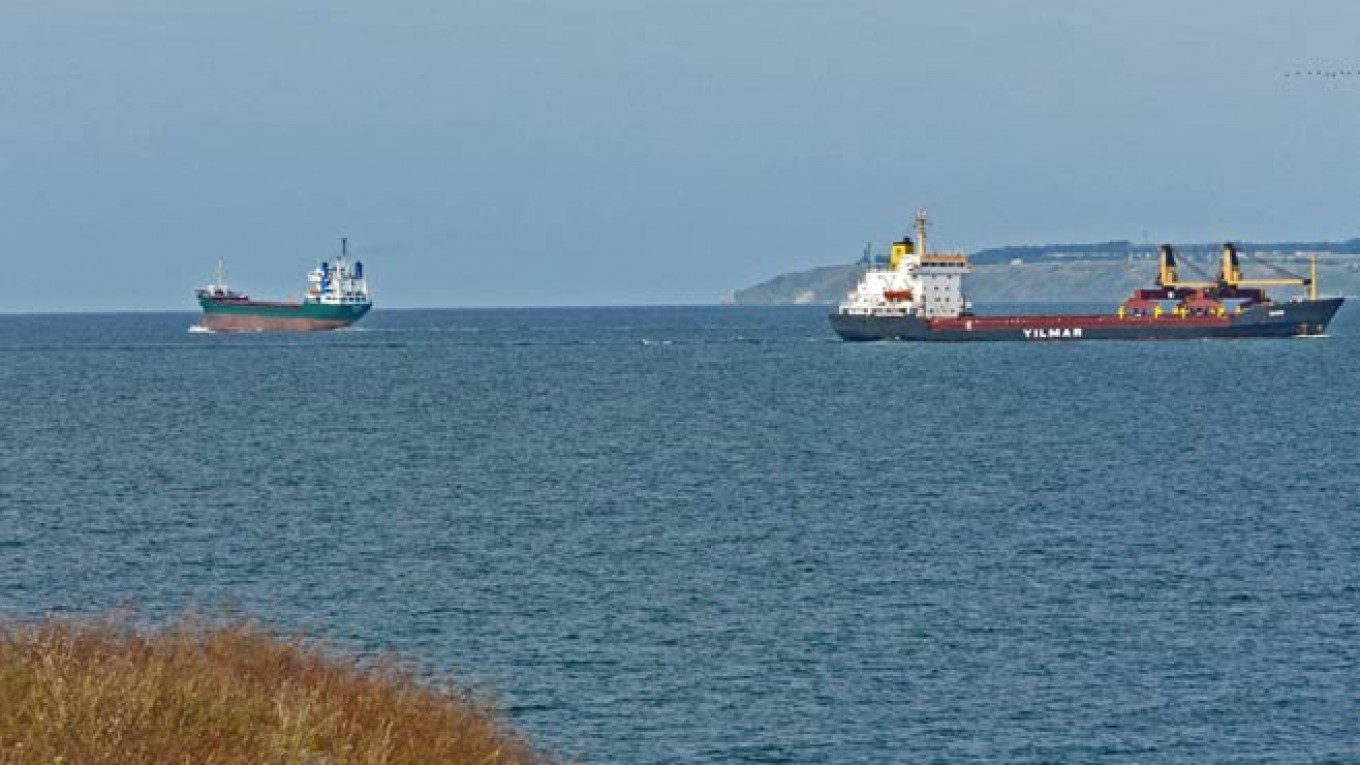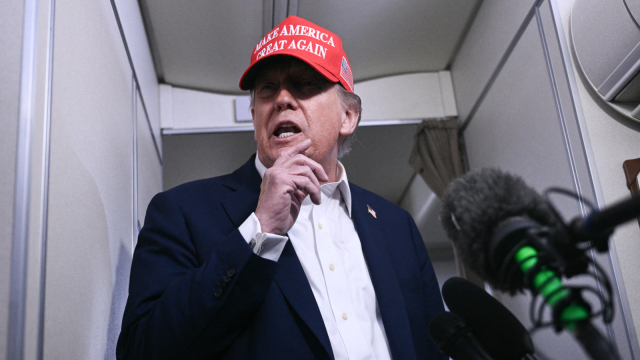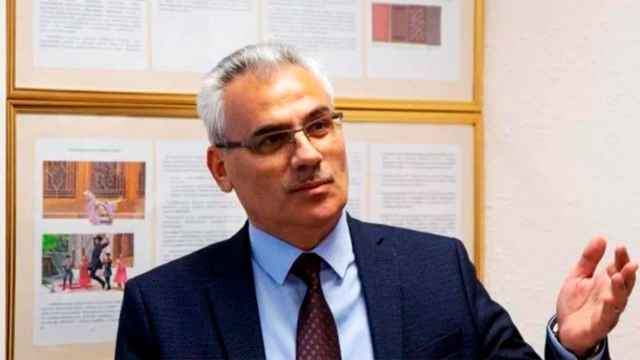Russian industry analysts said Monday that possible involvement of Chinese companies in building a bridge from mainland Russia to Crimea was a solid political and business option in solving the key transportation challenge faced by the Kremlin after absorbing the peninsula.
State-owned China Railway Construction Corporation, or CRCC, may build the 4.5-kilometer automobile and rail bridge across the Kerch Strait, partly financed by the private China International Fund, Kommersant reported Monday, citing unidentified sources in the Russian Transportation Ministry.
Both CRCC and the ministry, however, have not yet publicly confirmed the information.
"On the one hand, China has not supported international sanctions against Russia and on the other it has a historical interest in Crimea, which was part of its plans for economic expansion into Ukraine," said Mikhail Burmistrov, the head of Infoline-Analytica, an information and consulting agency.
He also said that Chinese companies had enough engineering expertise to build the bridge.
A ferry is currently the only direct connection between Russia's mainland and Crimea besides airplanes, with all ground links going through Ukrainian territory.
Political instability in eastern Ukraine, which Kiev blames on Moscow, means that Russia must find alternative routes to Crimea as soon as possible. The Chinese can build the bridge faster and more cheaply than any other competitors, including Russian companies, political and economic analysts said.
"In the last decade China has made impressive investment in its infrastructure no other country can match. Their vast experience in this area could be applied in Russia," said Vitaly Milyantsev, the head of the international economics faculty at the Institute of Asian and African Studies of Moscow State University.
The China Railway Construction Corporation, or CRCC, is a major infrastructure company in the country with income in 2013 exceeding $93 billion.
CRCC was the first Chinese infrastructure contractor to enter the overseas market. It has worked in 60 countries in the world with the biggest project being the reconstruction of a Nigerian railway with price tag of more than $8 billion.
The China International Fund has considerably fewer international projects than the CRCC. Outside of China it has been only involved in infrastructure, public housing and utilities construction in Angola.
But private funds may not be required to complete the unprecedented multi-billion dollar infrastructure project in Crimea.
The estimated cost to build the bridge is mounting with each passing month.
In March transportation officials said it would cost about 50 billion rubles ($1.3 billion) to build the bridge. In April the estimated price increased twofold and on Monday it doubled again.
According to the concept of development of Crimea until 2020, the federal budget would have to fork out 200 billion rubles ($5.5 billion) in the next five years to build the Kerch bridge, PRIME news agency reported.
The document envisages no other means of funding besides the money coming from state coffers, the agency reported.
The Kerch bridge would be the most expensive in Russia. A comparative analogue is a 3-kilometer rail and auto bridge across the Lena River, linking with the city of Yakutsk in eastern Siberia, which has a price tag of $1 billion. The bridge is to be built by 2020. Another expensive project was a bridge to Russky Island off the coast of Vladivostok. Built in 2012 just prior to the Asia-Pacific Economic Cooperation forum, it cost more than $1 billion.
Even so, the move to grant the construction contract to Chinese companies is logical because no one else would be able to build the bridge more cheaply, said Vladislav Inozemtsev, a professor of economics and director of the Moscow-based Center for Post-Industrial Studies.
"Russian companies have not been building any bridges lately except the one to Russky Island, so international cooperation is required," Inozemtsev said.
The Chinese were also the best bet, he said, because Turkish or European companies would not build the bridge because of political reasons.
Russian companies can still participate in the project as subcontractors after the main contract is inked with China, Burmistrov said.
Memorandum for the construction of the bridge may be signed already at the end of May during the scheduled visit of President Vladimir Putin to China, unidentified sources told Kommersant.
At the same time this visit may grant Russia a long-anticipated deal to supply from 38 billion to 68 billion cubic meters of natural gas to China annually.
Alongside China Development Bank's earlier confirmed plans to invest $5 billion in Russia's Far East to fund large infrastructure projects, the Kerch Bridge plan adds to the growing list of activities between the two countries.
Contact the author at [email protected]
A Message from The Moscow Times:
Dear readers,
We are facing unprecedented challenges. Russia's Prosecutor General's Office has designated The Moscow Times as an "undesirable" organization, criminalizing our work and putting our staff at risk of prosecution. This follows our earlier unjust labeling as a "foreign agent."
These actions are direct attempts to silence independent journalism in Russia. The authorities claim our work "discredits the decisions of the Russian leadership." We see things differently: we strive to provide accurate, unbiased reporting on Russia.
We, the journalists of The Moscow Times, refuse to be silenced. But to continue our work, we need your help.
Your support, no matter how small, makes a world of difference. If you can, please support us monthly starting from just $2. It's quick to set up, and every contribution makes a significant impact.
By supporting The Moscow Times, you're defending open, independent journalism in the face of repression. Thank you for standing with us.
Remind me later.






